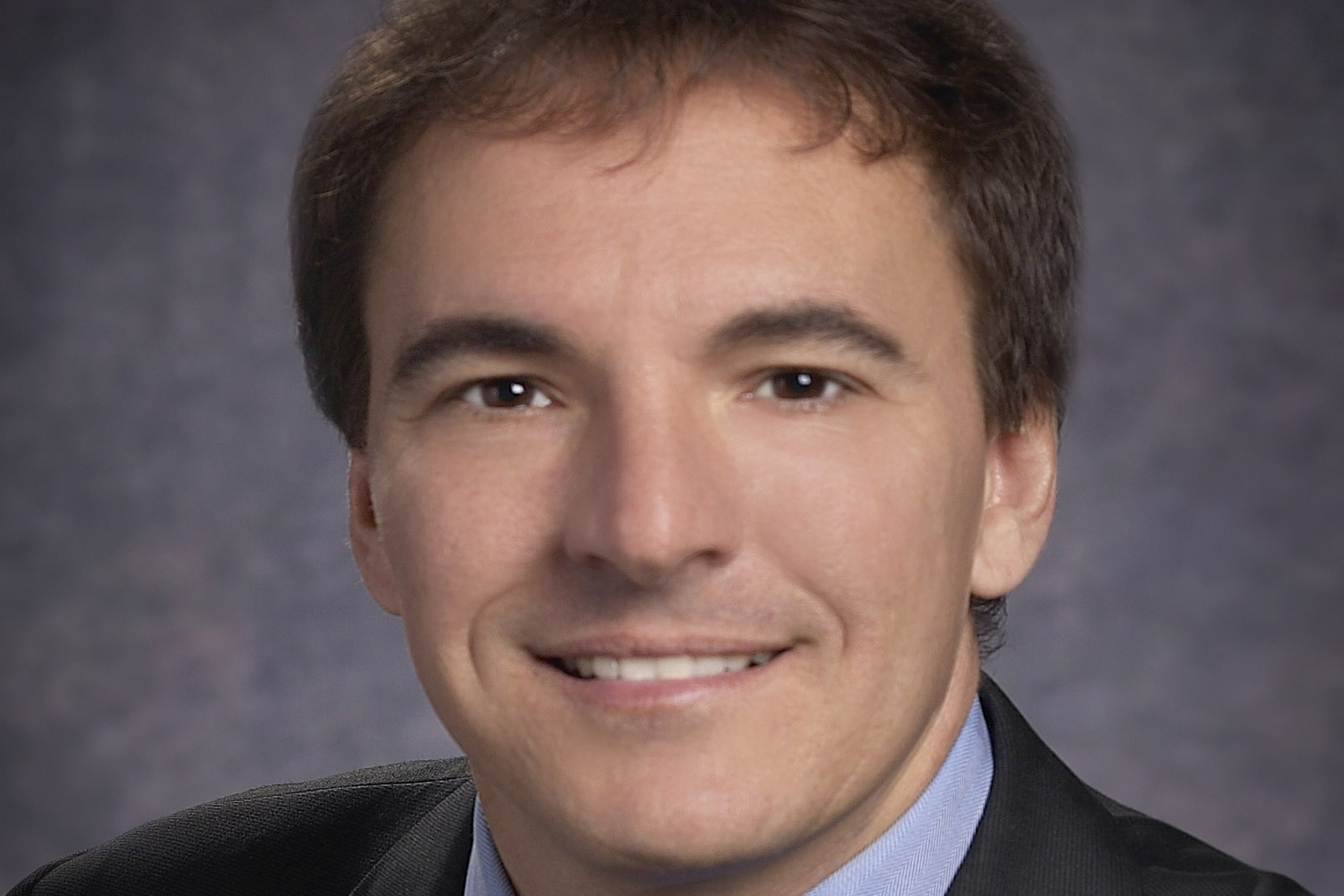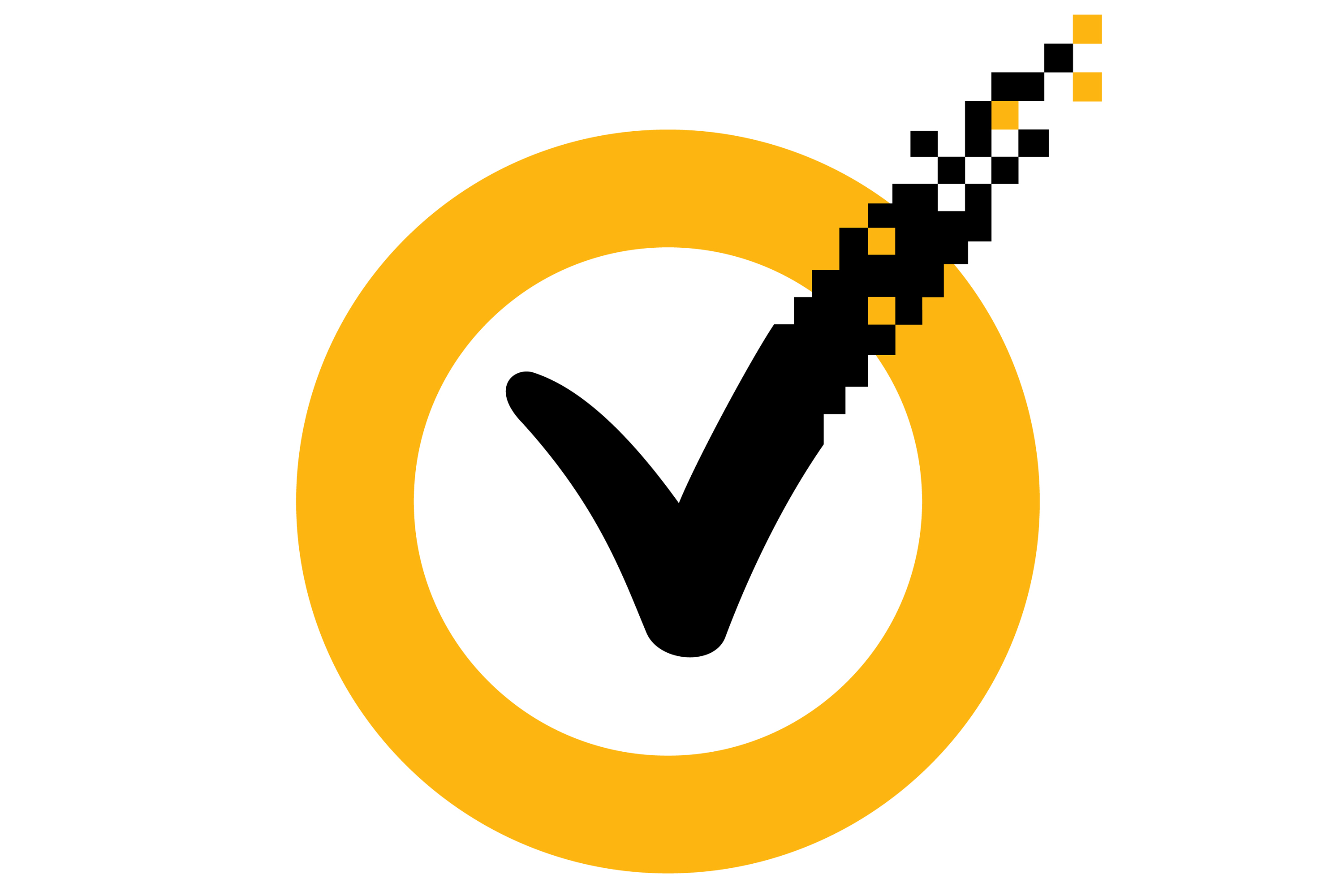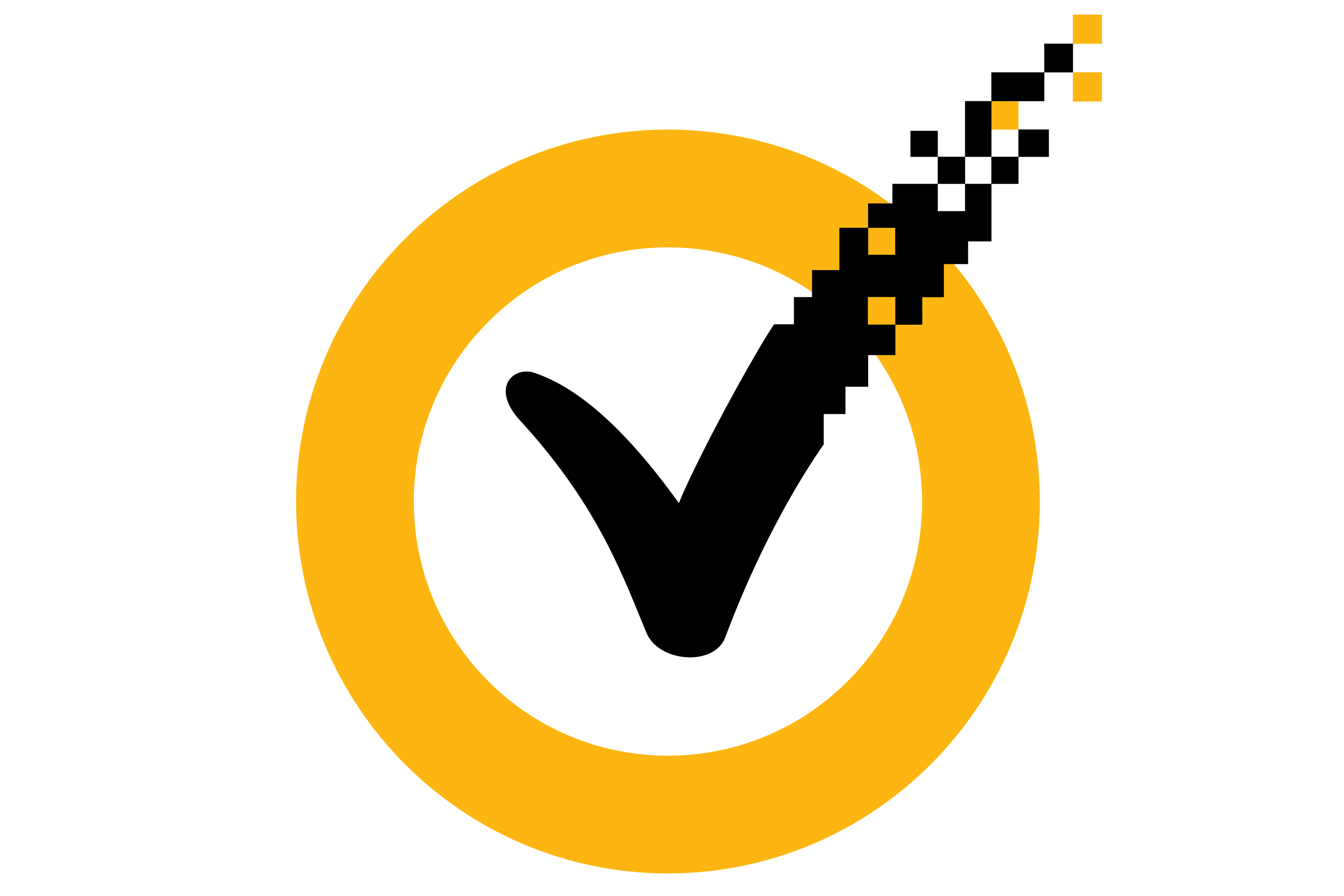Q&A: Barracuda CEO Dean Drako on cloud, the future and more
We spoke to Barracuda CEO Dean Drako about cloud computing, virtualisation and plans to move his company forward.


Barracuda Networks is a young company, set up in 2003 by three budding entrepreneurs and former co-workers with a strong technical background.
Since then, the firm has made a fairly substantial impact in the security appliance sector, particularly in the US where the headquarters are based.
We caught up with Barracuda's chief executive (CEO) Dean Drako during the company's EMEA Partner and Customer Summit in Austria to talk about cloud computing, the wider market and the firm's plans to make further strides.
You talked during your keynote about using the hybrid model for security, combining hardware appliances and cloud services. What are the benefits of this model?
You've got the best of both worlds. You've got the speed and the low latency and control of your data with the appliance. The cloud gives you reliability and the speed of response to threats and capacity if you need it and overflow.
What we do is tie a cloud-based service to each one of our [appliance] products. We don't talk about it a whole lot with the customers, we just say look it works great, no problems for you.'
We have cloud based services for support as well, so all the boxes are tied to the cloud and our support people can use that cloud for basically managing what is being done for the customer.
Get the ITPro daily newsletter
Sign up today and you will receive a free copy of our Future Focus 2025 report - the leading guidance on AI, cybersecurity and other IT challenges as per 700+ senior executives
Our cloud stuff is mostly done, but there's the VMware stuff which is virtualisation, which is unrelated to cloud. That's basically running multiple appliances on one piece of hardware. All of our appliances will be available in VMware and many of them are already available.
We still have a little bit more work to do there. We'll probably have it done in Q1 next year.
This is surely fuelled by the move to virtualisation, so how widespread is the move to virtualisation now?
The move over to vitualisation is a tidal wave. I visited 100 customers in the last three months and every one of them is doing virtualisation.
This year everyone is moving. Desktop virtualisation is very big as well and is happening in a big way. We deal with some of the major banks in the US some of them have moved 20,000 or 30,000 desktops to virtualised.
It's actually got huge repercussions for Microsoft, I think, as again it minimises the importance of the OS. It's all just turning to a service in the cloud, right?
Tom Brewster is currently an associate editor at Forbes and an award-winning journalist who covers cyber security, surveillance, and privacy. Starting his career at ITPro as a staff writer and working up to a senior staff writer role, Tom has been covering the tech industry for more than ten years and is considered one of the leading journalists in his specialism.
He is a proud alum of the University of Sheffield where he secured an undergraduate degree in English Literature before undertaking a certification from General Assembly in web development.
-
 CISA issues warning in wake of Oracle cloud credentials leak
CISA issues warning in wake of Oracle cloud credentials leakNews The security agency has published guidance for enterprises at risk
By Ross Kelly
-
 Reports: White House mulling DeepSeek ban amid investigation
Reports: White House mulling DeepSeek ban amid investigationNews Nvidia is caught up in US-China AI battle, but Huang still visits DeepSeek in Beijing
By Nicole Kobie
-
 Symantec 03 cloud security platform launched
Symantec 03 cloud security platform launchedNews The new platform – Symantec O3 – vows to protect cloud apps and infrastructure.
By Ross Kelly
-
 Talking tech and business with James Caan and Symantec
Talking tech and business with James Caan and SymantecIn-depth We chat with former Dragon's Den presenter James Caan and Symantec's small business expert Ross Walker about technology, business and security.
By Tom Brewster
-
 Symantec shifts Backup Exec to the cloud
Symantec shifts Backup Exec to the cloudNews Backup Exec gets new delivery models, with the option to get solutions over the cloud.
By Tom Brewster
-
 Symantec Hosted Endpoint Protection launched in UK
Symantec Hosted Endpoint Protection launched in UKNews Symantec's Hosted Endpoint Protection product has been launched in the UK, specifically targeting smaller businesses.
By Tom Brewster
-
 Symantec focuses on deduplication with new products
Symantec focuses on deduplication with new productsNews Security firm Symantec has updated its storage software to include all types of deduplication for all sizes of business.
By Jennifer Scott
-
 Web 2.0 and virtualisation top poll of IT security priorities
Web 2.0 and virtualisation top poll of IT security prioritiesNews The majority of Black Hat conference attendees point to web services and virtualisation as their key security considerations, along with 'whitelisting' more trusted sites and applications.
By Asavin Wattanajantra